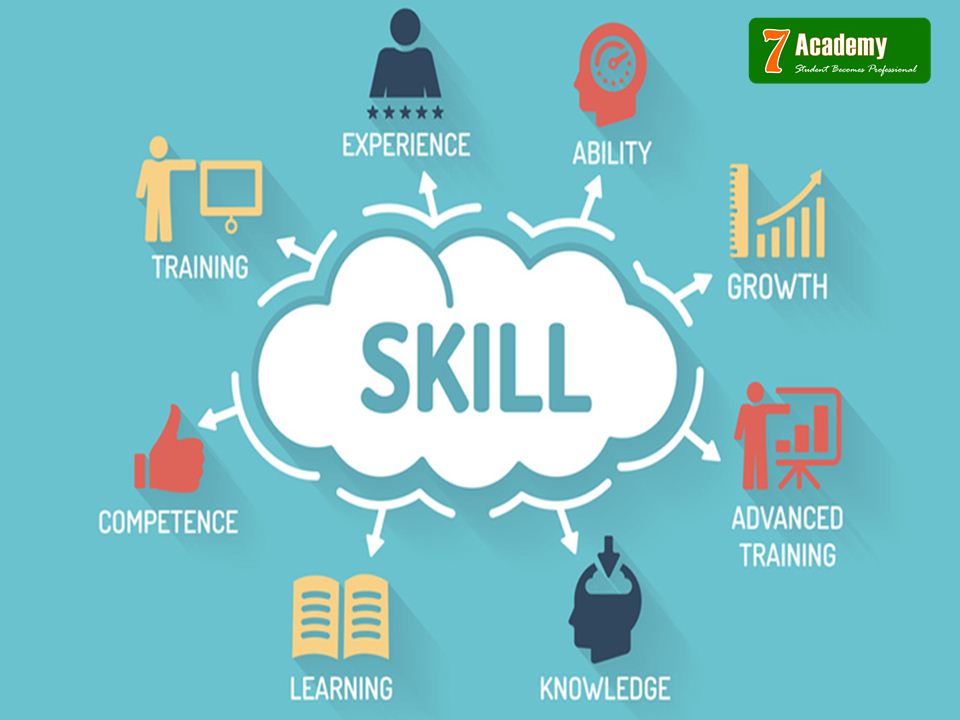DIFFERENCE BETWEEN STUDENTS TRAINING AND CORPORATE TRAINING
Posted on: February 19 2019, By : Neha Keni

In general sense, the term training implies the act of imparting a special skill or behavior to a person, which is commonly offered to employees of operational level. It is not exactly same as education, which is a process of systematic learning something in an institution that develops a sense of judgment and reasoning in employees. It is offered to all employees equally, irrespective of their grades or level in the corporate ladder. These two are so closely intertwined that with the passage of time the difference between training and education is getting increasingly blurred. Nevertheless, these two terms are different in their nature and orientation. The worker, who takes training, in the organization, is said to have had some education and thus, there is no training, without education.
The significant differences between training and education are mentioned in the following points:
• Corporate Training refers to an act of inculcating specific skills in a person to enhance their work skills in job. Student Training is all about gaining theoretical knowledge in the classroom or any institution.
• Training is a way to develop specific skills, whereas education is a typical system of learning.
• Training is completely based on practical application, which is just opposite in the case of education that involves theoretical orientation.
• The concept of training is narrow while the concept of education is comparatively wider.
• Corporate Training involves hands-on experience regarding the particular job. On the other hand, Student Training involves learning in the classroom.
• The term of education is longer than the duration of training.
• The Corporate Training prepares a person for the present job. Conversely, Student Training prepares a person for future job and challenges.
• The purpose of training is to improve the performance and productivity of employees. As opposed to education, where the purpose is to develop a sense of reasoning and judgement.
• During Corporate Training, a person learns, how to do a specific task. Unlike, Student Training which teaches about the general concepts.
CORPORATE TRAINING
Corporate training is intended to teach students skills that will improve their performance in their work lives. Corporate training is often requested by businesses who are looking to educate their employees on contemporary issues within their industry. Training is nothing but learning by doing. It is a well-planned program aimed at developing specific skills and knowledge of the manpower. It is a common concept of human resource development where an attempt is made to improve the performance, productivity and competency of the existing and potential employees through learning. The program is specially designed by the organization to achieve definite goals. Training helps in imparting job-related skills in the employees so that they can do the job efficiently and effectively. Training can be on-the-job or off-the-job, paid or unpaid, part time or full time, depending on the contract with the employer. At the end of the program, the employees are tested by observing, what they learned during training. The corporate trainings and orientations implemented and executed by human resource departments have changed drastically in the last few decades in order to synchronize with organization goals. The human resource department of any organization or business also plays a pivotal role in decision making. A large number of human resource managers opt for dedicated corporate trainings to ensure that employees have a better understanding of their work and are able to achieve their professional goals more effectively. Some common types of Corporate Training are:
• Sensitivity training
• Vestibule training
• Job rotation
• Laboratory training
• Apprenticeship training
• Orientation training
STUDENT TRAINING
Academic training has different goals. Academic training is usually sought after by individuals who want to gain knowledge, and often qualifications, in a chosen field. It’s all about learning and increasing knowledge. In contrast to the corporate environment, education is mostly concerned with knowledge transfer and not competency building. With this in mind, education takes on a more holistic approach to learning – equipping students with knowledge from multiple disciplines (i.e. core subjects) – rather than developing specific skills. By the term education, we mean learning in the classroom to acquire certain knowledge. Education does not equal to schooling, but it refers to what a person gains while he is in school or college. It is aimed to deliver knowledge about facts, events, values, beliefs, general concepts, principles, etc. to the students. This helps in developing a sense of reasoning, understanding, judgement and intellect in an individual. The lessons learned during the process of education helps a person to face future challenges, and it prepares a person for future jobs. Nowadays, education is not confined to classroom learning, but new methods are implemented that offers practical knowledge about the world. Certificate or degrees are awarded to the students when they clear a particular level of education.
Though with the changing environment, the approach towards training and education is also getting changed. Normally, it is presumed that every employee who is going to take training, has got some formal education. Moreover, it is also true that there is no training program which is conducted without education. Education is more important for the employees working on a higher level as compared to the low-level workers. Although education is common for all the employees, regardless of their grades. So, the firms should consider both the elements, at the time of planning their training program because there are instances when the employees need to take decisions themselves regarding their work, where education is as important as training
Share this:



